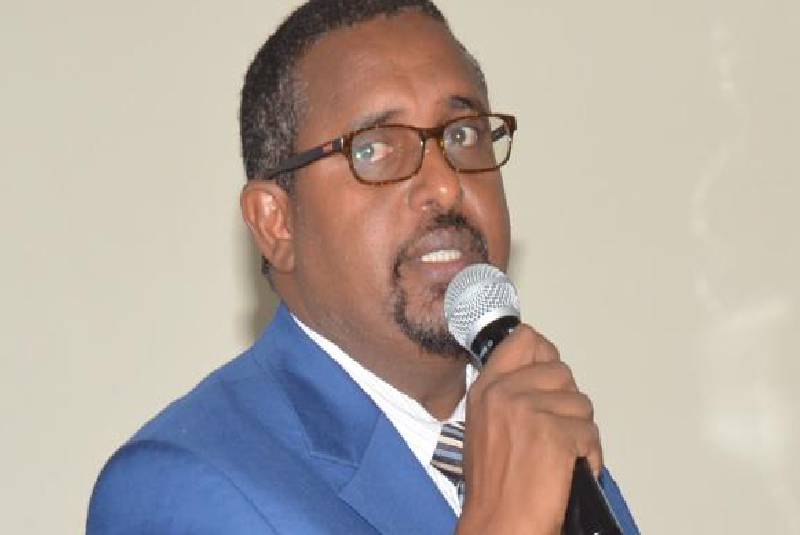×
The Standard e-Paper
Kenya’s Boldest Voice

It is obvious that traditional approaches to development that afford the Government full mandate to determine priorities and manage resource mobilisation and allocation cannot guarantee the desired outcomes.